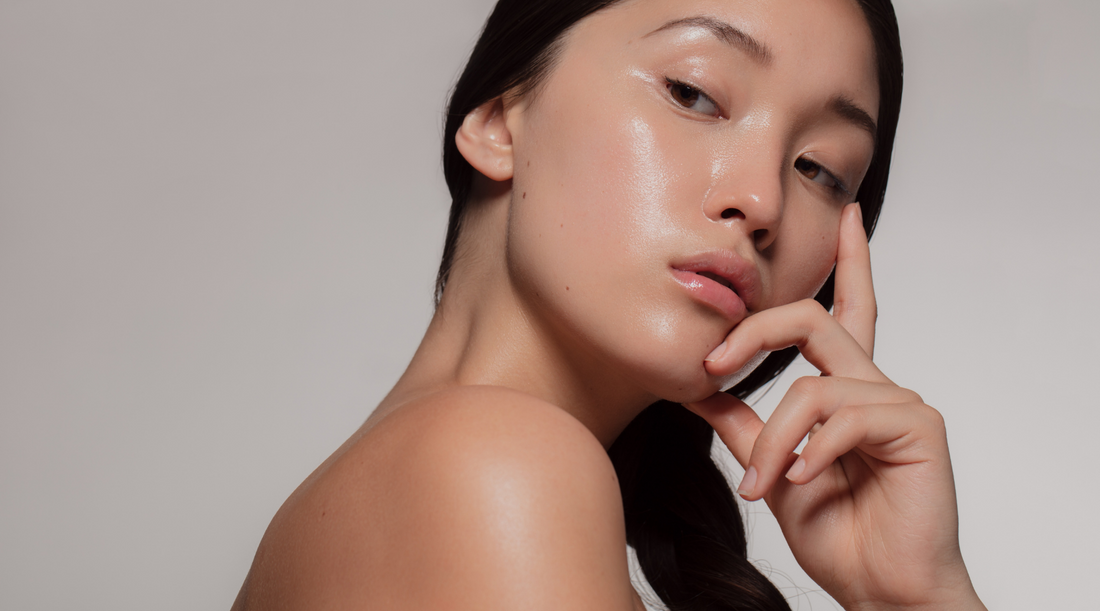What are Antioxidants?
Before diving right into explaining antioxidants, we need a quick reminder of some basic chemistry. Halliwell and Gutteridge defined antioxidants as "any substance that delays, prevents or removes oxidative damage to a target molecule." In other words, antioxidants are any molecule that inhibits the oxidation of another molecule.
Why prevent or anti-oxidation by all means?
...imagine a rusted iron pipe; it is a result of oxidation.
...oil went rancid is also part of the oxidation reaction.
...apple slices turning brown after being exposed to the air is also due to oxidation.

How Oxidation Hurt the Skin
A bit more chemistry to start. Our body is roughly 60 percent water. That's a lot of H2O, right? Remember that "O" stands for Oxygen. Our body contains billions of oxygen atoms, and some of these oxygen atoms may undergo a process called oxidation.
Oxidation is when our bodies' oxygen atoms split and become free radicals. Free radicals can be produced in the body naturally. At the same time, they're also introduced from external sources, like pollution, UV rays, cigarette smoke, and dust. Free radicals are atoms containing unpaired electrons. They tend to "steal" electrons from anywhere they can find them so that they can be safe and balanced. As we are talking about a process happening inside our bodies, they sometimes "steal" electrons from healthy cells, ultimately causing a breakdown in the skin cell. The damage eventually appears on the skin in the form of wrinkles, sagging, dryness, dullness, and unwanted pigmentation, like age spots and broken blood vessels.

Protection from Oxidation Damage: Antioxidants
Remember, we mentioned free radicals "steal" electrons from healthy cells so they can stay safe and balanced. But, certain compounds are made up of many molecules and atoms, which contain an extra electron that they can donate to a free radical without making themselves unstable. These atoms are known as antioxidants.
When antioxidants meet free radicals, which have unbalanced electrons, antioxidants will bind to them. Then immediately deliver their extra electron to the free radical, returning the free radicals to balance before they can harm your cells.

Antioxidants are in many foods and drinks you consume daily, like blueberries, tea, spinach, kale, dark chocolate, and dark chocolate. Need something on the go? Try the plant-based functional beverage - Béyond Glow. It contains potent antioxidants such as superoxide dismutase (SOD) from melon fruit concentrate, polyphenols from grape seed extract, zinc, and vitamin C to completely protect the skin and body. It also contains okra, prebiotics, and green tea extract to balance the gut microbiome for a smooth digestive function.
Check out more information about Béyond Glow.

